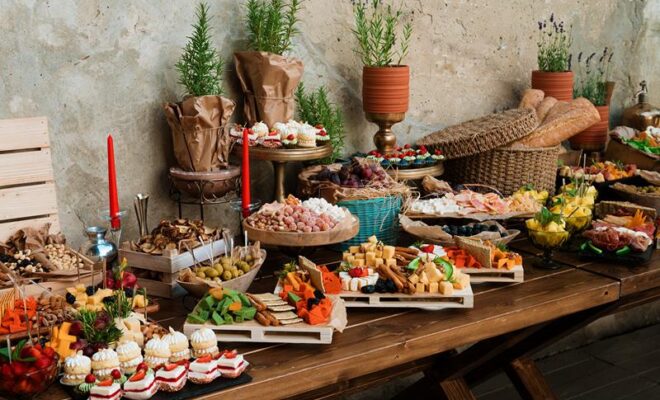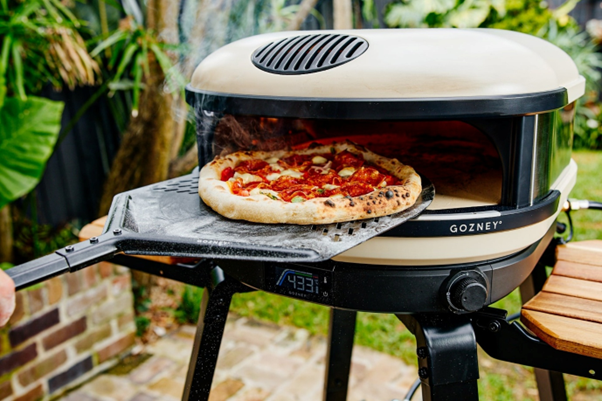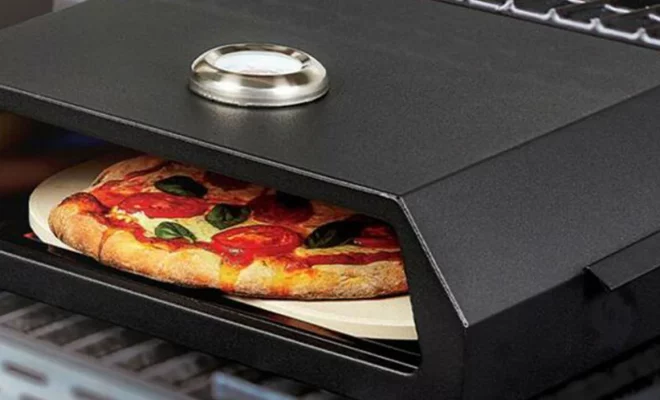7 Essentials for Planning Halal Wedding Catering in Singapore

A wedding meal sets the tone for the celebration, so planning must balance flavour, faith, and flow. If you are sourcing catering in Singapore, align venue realities with guest needs before fixing the menu. Couples who require halal wedding catering in Singapore should verify certification, kitchen controls, and service practices early. The seven essentials below help you turn preferences into a reliable plan that keeps food quality and timing on point.
1. Confirm Certification and Kitchen Controls
Begin with paperwork and process. Ask for valid halal certificates, renewal dates, and the certifying body. Request a short outline of sourcing, storage, and preparation controls, including separation from non-halal items and cleaning protocols for equipment. These details prove that halal wedding catering in Singapore meets both religious and regulatory expectations. Keep copies in your planning folder so venue managers and elders can review them without delay.
2. Match Service Style to Guest Flow and Space
Choose formats that suit the room and the programme. Bentos support tight timelines, while a compact buffet with live stations works for larger halls. Map guest movement from seating to service and back, then position stations to minimise crossings. When you plan catering in Singapore, confirm power points for warmers and safe cable routes to avoid slowdowns. Good line design shortens queues and protects temperature during speeches and photos.
3. Build a Menu That Travels Well and Feels Festive
Favour dishes that hold texture through the serving window. Braised proteins, sturdy grains, and roasted vegetables perform consistently, while delicate items belong at attended stations. Balance signature mains with bright salads, pickles, and chutneys to keep palates refreshed. For halal wedding catering in Singapore, confirm that marinades, stocks, and sauces use approved ingredients, and request clear allergen notes for nuts, dairy, eggs, and gluten.
4. Plan Tastings That Mirror Event Conditions
Taste in the same format you will serve. Time each dish at minute 0, 15, and 30 to judge flavour, aroma, and mouthfeel after holding. Photograph plating, agree on portioning tools, and finalise label copy with icons for allergens and spice level. This approach improves approvals and reduces last-minute swaps that can confuse service staff. It also shows how the selected catering in Singapore will perform when the room peaks.
5. Lock Quantities by Guest Segments, Not One Number
Segment headcount into early arrivals, peak flow, and late joiners. Allocate trays to each segment and set replenishment intervals that keep food fresh. Record children’s portions and elder preferences to fine-tune quantities. This method limits waste while maintaining a generous feel, and it gives supervisors a clear signal for when to refresh trays. Accurate pacing is a quiet strength of professional wedding operations.
6. Coordinate Logistics, Staffing, and Compliance
Agree on loading times, lift dimensions, staging areas, and return routes. Name a supervisor with authority to approve substitutions if traffic or weather causes delays. Confirm staff counts by time block, attire, and language coverage for announcements. For halal wedding catering in Singapore, align waste handling and utensil control so halal utensils remain separate from any non-halal items at the venue. Clear roles help crews react swiftly without disrupting the programme.
7. Present with Care and Close Down Cleanly
Use signage that highlights halal certification and allergen information near eye level. Start lines with salads and breads, place mains at the centre, and keep cutlery at the end to ease movement. Refresh popular trays in smaller, frequent drops to protect texture. After service, ensure leftovers are handled safely, equipment is counted, and the space returns to its original condition. A tidy exit preserves relationships with venue partners and simplifies future bookings.
Conclusion
Strong wedding service rests on evidence, rehearsal, and calm coordination. Certification and kitchen controls provide confidence, while a realistic service style keeps lines moving and plates hot. Menus built for travel and timed tastings reduce surprises, and segmented quantities protect both generosity and budget. When logistics, staffing, and compliance align, your plan for catering in Singapore turns into a smooth, celebratory meal. Apply the same structure to halal wedding catering in Singapore, and you secure dignity, flavour, and flow from the first blessing to the last toast.
Ready to turn your wedding plan into a smooth, well-timed service? Contact Elsie’s Kitchen and request a proposal that aligns venue, menu, and staffing with your date and guest list.







